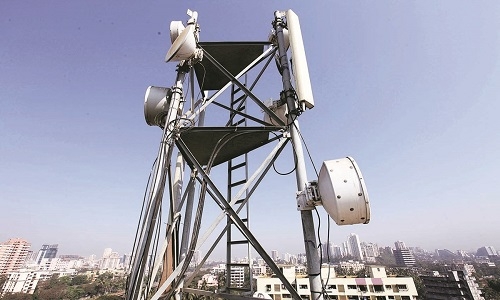Govt proposes revamp of telecom rules
| Date :26-Jul-2022 |

Business Bureau
THE Department of Telecom has floated a consultation paper on the revamp of telecom rules mainly to keep pace with the change in technology like 5G, simplify laws and promote investments, according to an official document.
The new rules will not be applicable with retrospective effect to cause any adverse impact on the relevant
entity, according to the consultation paper.
“A new law on telecommunication needs to aim at establishing an enabling future-ready framework for the development of telecommunication sector and deployment of new technologies. Such a law needs to consolidate the existing laws governing telecommunication sector, while keeping in view global best practices,” the consultation paper
dated July 23 said. The Government has proposed that the new framework should be drafted in a plain and simple language so that any citizen is able to understand the rules.
“This would mean continuity of licenses and authorizations under the old regime. To minimize policy disruption, such a law needs to provide for continuation of rules, guidelines, administrative orders issued under the existing regime until superseded by new rules.Furthermore, a new law needs to ensure that the terms and conditions will not be modified with retrospective effect to the detriment of the relevant entity,” the paper said.
The proposal has come at a time when the country is gearing up to start a spectrum auction for rolling out 5G services. Along with existing players like Bharti Airtel, Reliance Jio, and Vodafone Idea, Adani Group has applied to bid for the airwaves and enter the wireless telecom services business.
The Government has proposed to come up with rules for the surrender of the spectrum that has been missing under the existing framework and entities that have shut business or are under the process of liquidation have not been able to gain from their spectrum holding.
Under the new framework, the Government plans to relax penal provisions and make them proportionate to offences. The DoT officials at present impose the highest permissible penalty of Rs 50 crore per offence to avoid alleged biasedness in their work and save their neck from any subjective interpretation of law enforcement agencies or the auditors.